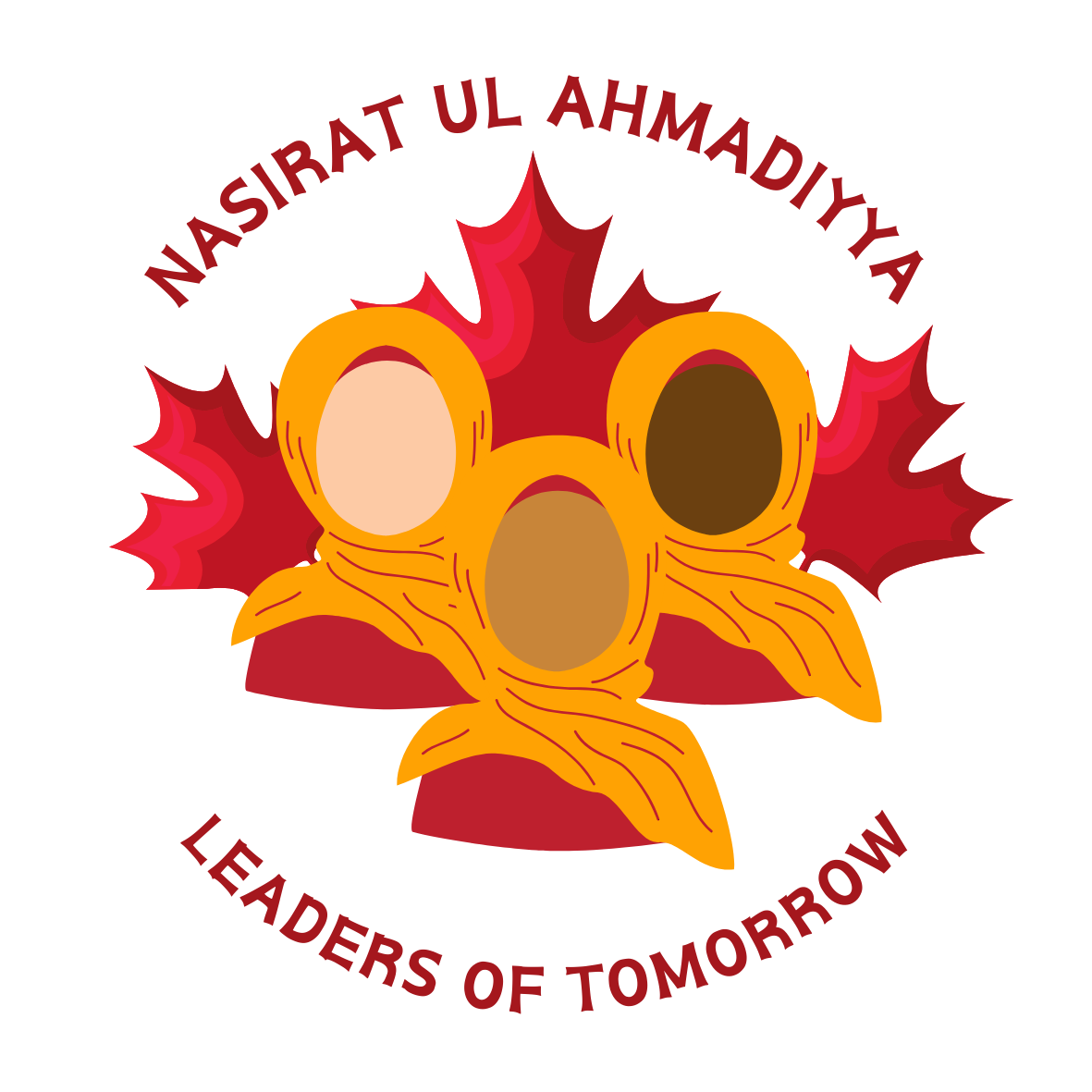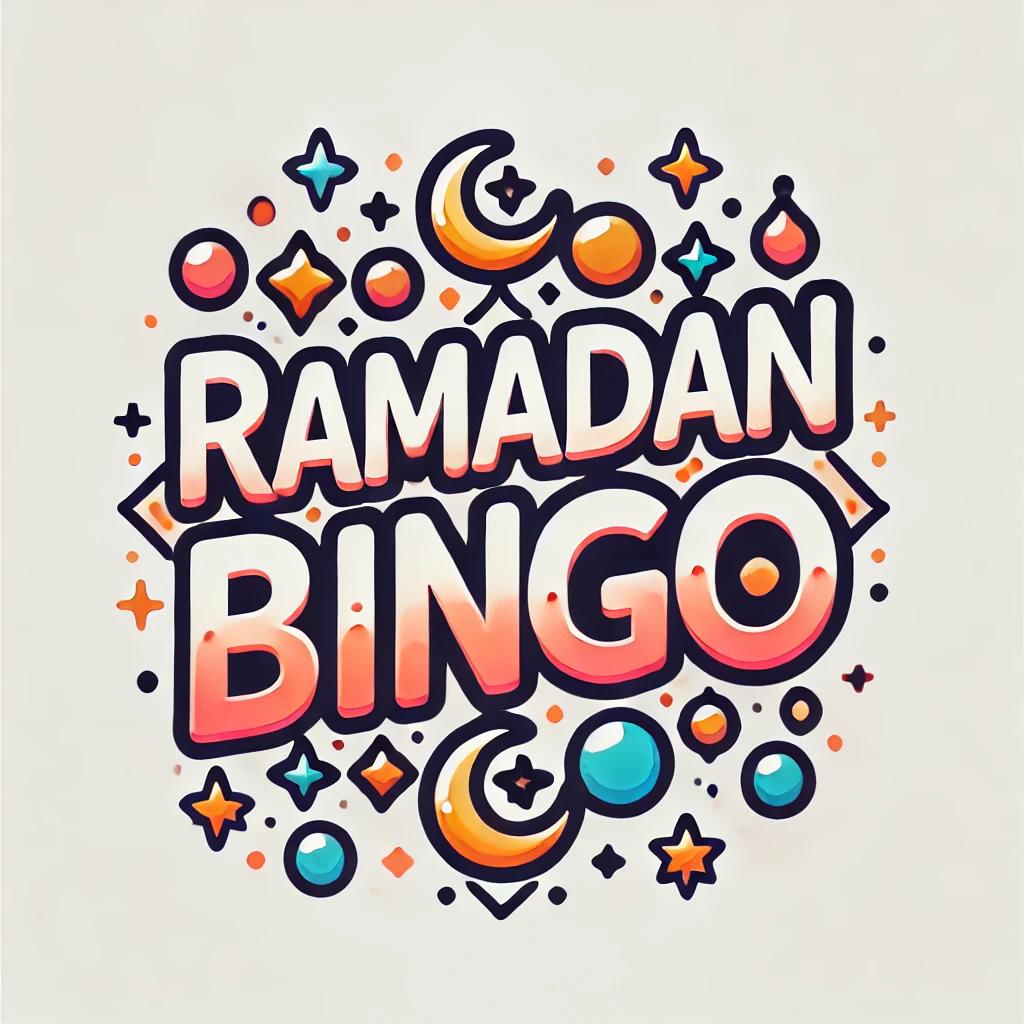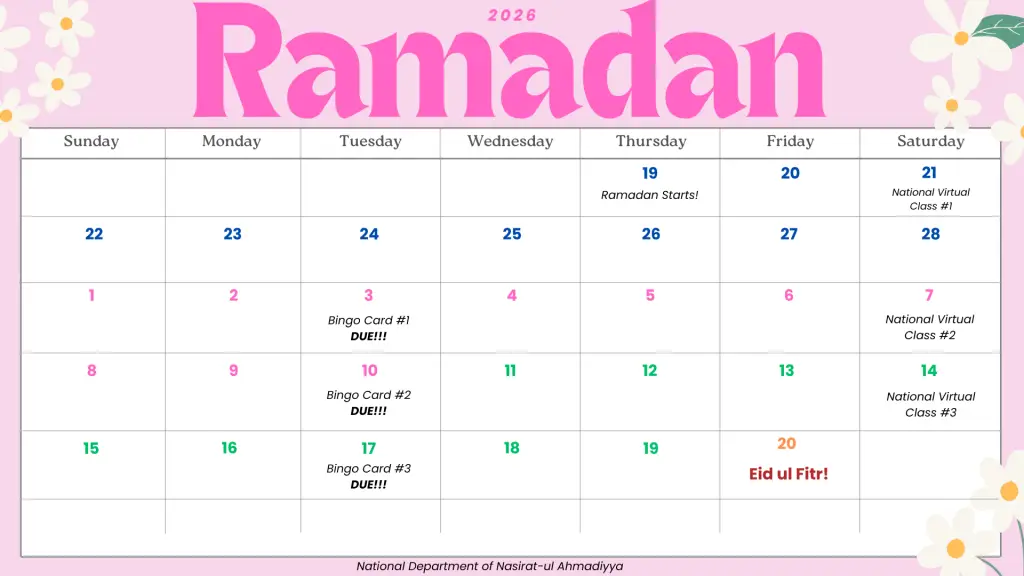
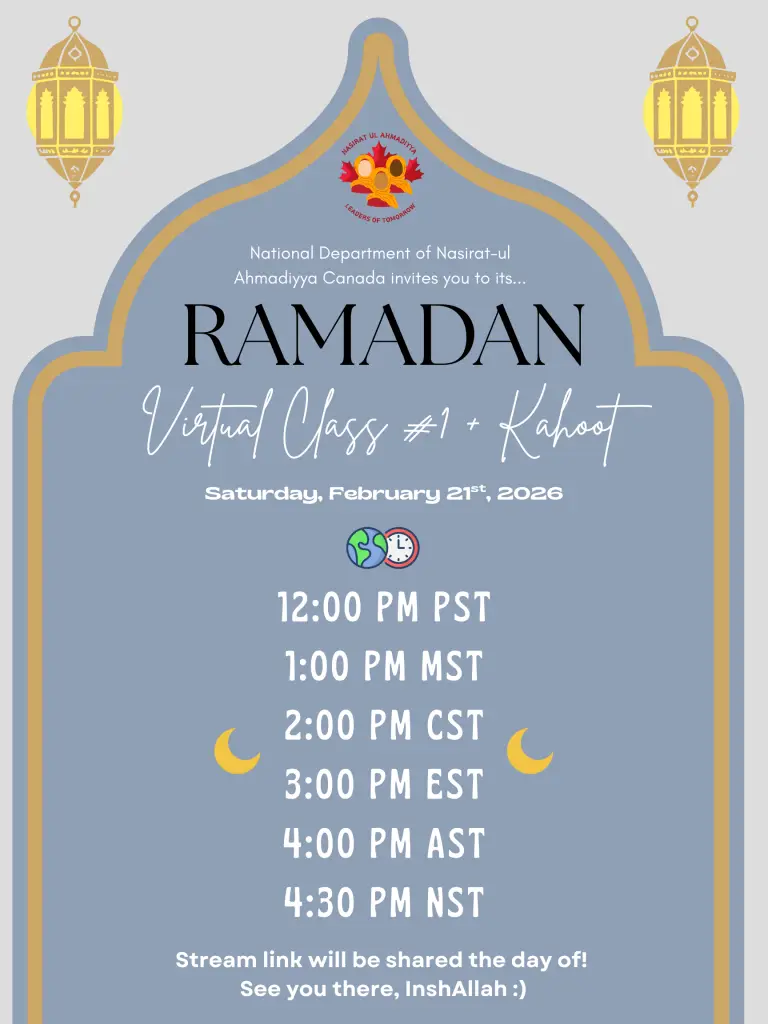
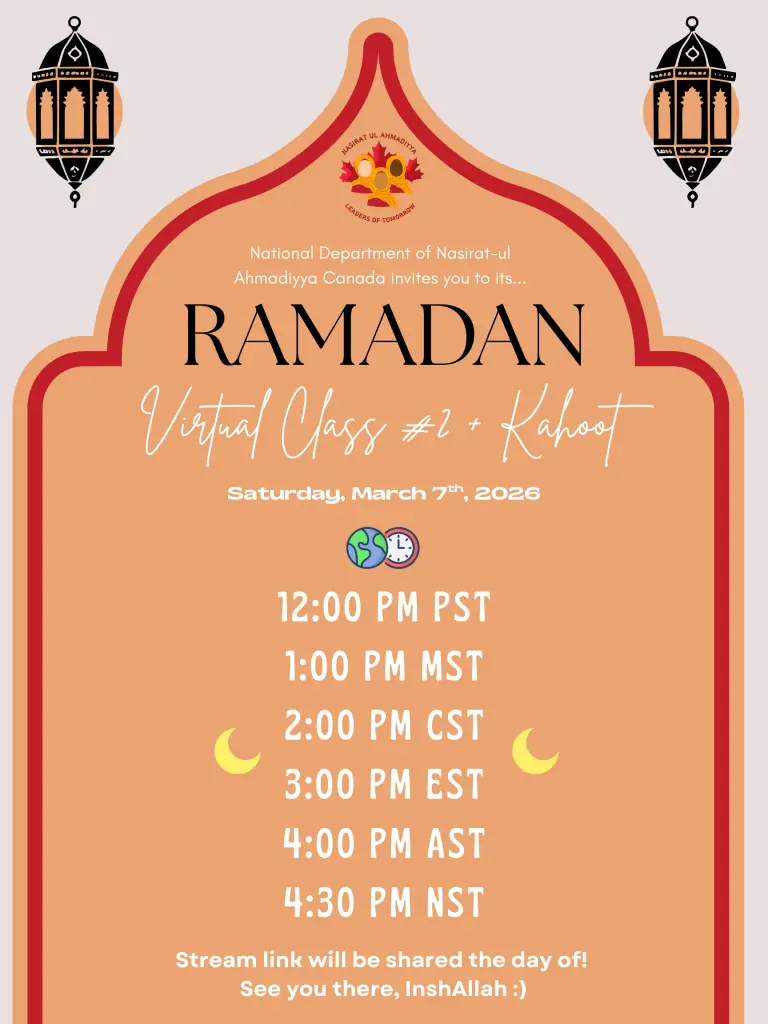
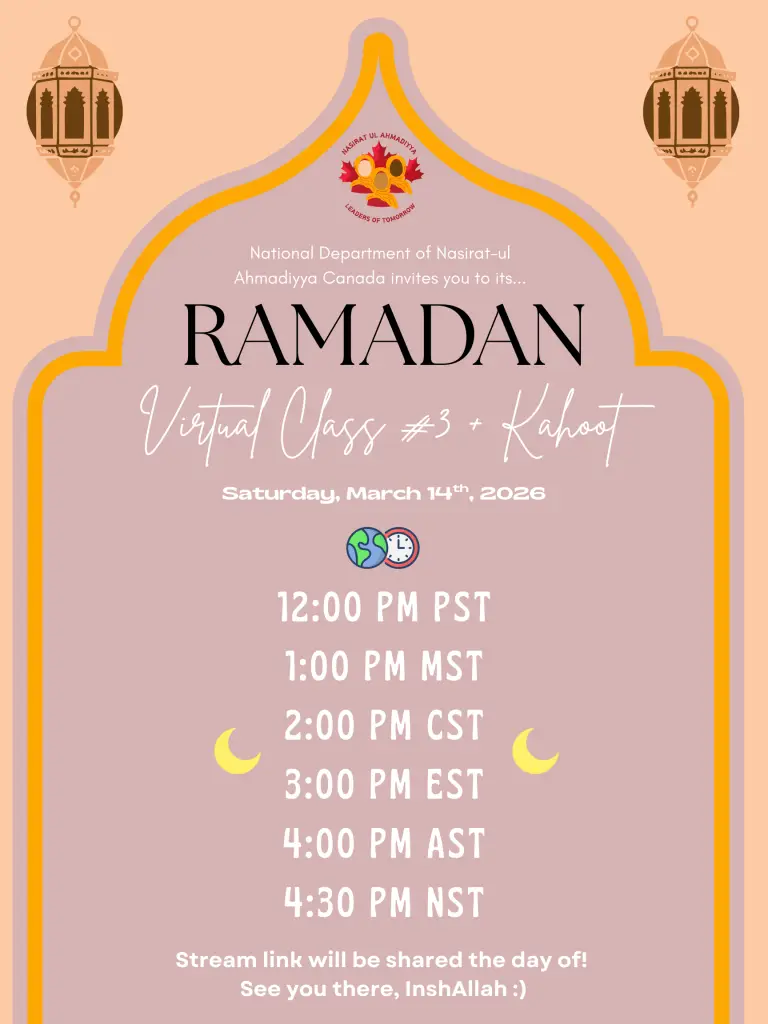
What is an appropriate age for fasting?
Ramadan in under 2 minutes!
During Ramadan is it ok to decorate rooms and make Eid countdown calendars for kids?
WHY DO AHMADIES, SUNNIS AND OTHER MUSLIMS CELEBRATE RAMADAN AND EID ON SEPARATE DAYS WHILE WE ALL LIVE IN THE SAME COUNTRY?
Test your knowledge about Ramadan
Fasting in the month of Ramadan is obligatory upon every adult Muslim. Those who are sick, or travelling, are exempt from fasting in Ramadan. They must, however, make up all the missed days of fasting at another time. Those who are really unable (i.e. too old or too weak) to fast, are allowed to feed a poor person for every day of fasting that they miss. (2:184-186)
Staying at a mosque, during the last ten (minimum of three) days and nights of Ramadan, solely for the sake of worship and remembrance of
Allah, is called I`tikaaf.
A person who wishes to observe the fast must express his or her intention to fast in words such as: I hereby express my intention to keep the fast of tomorrow during the month of Ramadhan.
 Wabesawme ghadinnawayto min shahre Ramadhana
Wabesawme ghadinnawayto min shahre Ramadhana
The above intention ‘Niyah‘ must be repeated for each fast on the night before the fast. A person may do Niyah and yet not be able to fast the next day but not vice-a-versa.
 Allahhumma laka sumto wa’laa rizqeka ‘aftarto
Allahhumma laka sumto wa’laa rizqeka ‘aftarto
Hazrat Maaz ibn Zahra, on whom be peace, says that he heard that whenever the Holy Prophet, may peace and blessings of Allah be upon him, used to end his fast, he used to pray: O our Lord, for Your sake I kept the fast and with Your food have I ended it. Ibn Umar said that the Holy Prophet, may peace and blessings of God be upon him, used to say at ending a fast: Thirst has disappeared and veins have received nourishment , and, God willing, reward has been secured.
Salman ibn Aamir Dhabi, on whom be peace, relates that the Holy Prophet, may peace and blessings of Allah be upon him, said: if any among you keep a fast, he should end it with a date or else with water for it is pure (Abu Daud and Tirmidhi). Dates need no artificial preservative and have a high glucose content value which helps to revitalise the body rather quickly. They also have a fair proportion of iron in them.
This Prayer is among Nawaafil and consists of eight raka`aat and is offered in four units of two raka`aat each. This is to be performed each night
during the month of Ramadan after Ishaa’ or at the time of Tahajjud.
The Eid-ul-Fitr is celebrated after the completion of one month of fasting in Ramadan.
